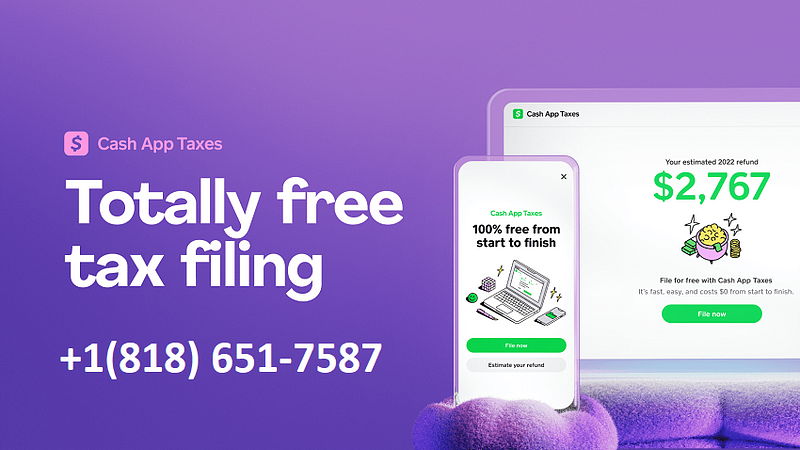
To bring more transparency to the tax filing process, the IRS has introduced new rules requiring payment apps like Venmo, PayPal, and Cash App to report income earned through those platforms. Starting January 1, any payment app user receiving more than $600 in commercial transactions through their platform must file a Form 1099-K with the IRS.
These changes will likely raise some eyebrows as people who use those services for business purposes already know how the app-to-app transfer of funds works. But as this type of transaction becomes more popular, it’s important for all users to be aware of the new rules and how they apply to them. Let’s learn about the Cash App taxes and how to file them.
1. The Most Secure Tax E-filing Service
An online tax e-filing service is a great way to streamline the entire process. It allows you to file your federal and state taxes from one place, which saves you time and hassle. The service uses 128-bit encryption to protect your data and has a physical second form of authentication as part of its security measures. It has third-party teams that review your data for potential breaches, and they will flag any areas where there are security gaps.
2. It’s Free to File
In contrast to most tax software companies, Cash App Taxes Filing doesn’t charge a fee to file your taxes. This makes it a great option for budget-conscious individuals who don’t need the more sophisticated features of other services.
3. It’s Easy to Use
The Cash App Tax e-filing process starts with you answering a series of questions about your employment, income, and expenses. These are then processed to create a series of IRS forms and a balance owed or refund amount. You can then e-file them or print them out to mail in. You can also upload your previous year’s returns and tax documents to speed up the filing process. However, there are some restrictions, and you should check with your local IRS office for more details about this feature.
4. It’s Free for Both Individuals and Businesses
The best thing about Cash App Taxes is that it’s free to file your taxes. It’s not a comprehensive, feature-rich option, but it does support the most popular IRS forms and is a good choice for people who want to save money on their taxes.
5. It’s Easy to Understand and Use
The interface of Cash App Tax is designed to be simple and intuitive, and it’s easy to navigate for anyone accustomed to using other online services. The only real drawback is that it doesn’t have as many educational tools and guidance as other services.
Its customer support is limited to email and chat, and they don’t offer in-person assistance or advice on your taxes or financial situation. The company formerly known as Credit Karma Tax is now called Cash App Tax and is a relatively new service. It offers free filing for federal and state returns, but it’s not as feature-rich or user-friendly as some premium options.
How Cash App Taxes Can Help You File Your Taxes Early?
The new 1040 series, Form 1040-S, and new schedules make filing returns more complicated for some people. Even seasoned taxpayers may not understand the changes and how they impact their returns. For those who need help, services like Cash App Taxes can assist in filling out the new forms and schedules for free.
In addition to traditional taxable income, money received through cash app transactions must be reported on your tax return if you earn over $600 from any single party or $600 in combined payments. This includes income from rental properties such as Airbnb, babysitting, cleaning, and selling goods on online platforms, including eBay.
Failing to report income earned through cash apps can lead to penalties from the IRS. This can be costly and avoided by keeping a close eye on your finances and ensuring that all money is reported correctly.




